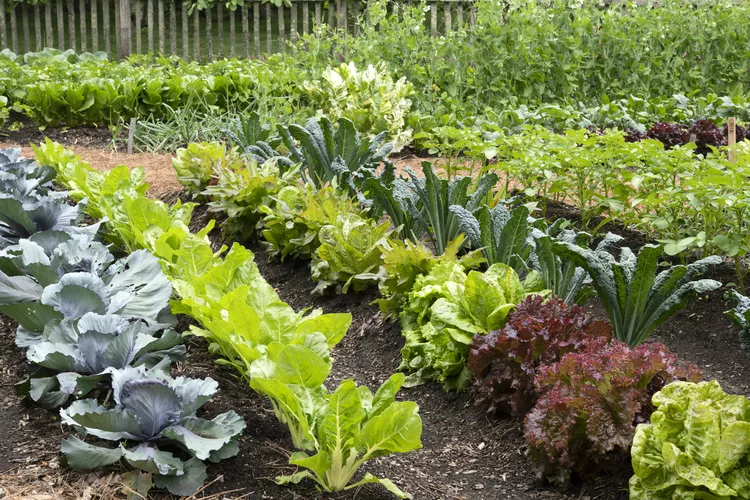Effective Weed Control Methods for Your Vegetable Garden
Maintaining a vegetable garden involves carefully managing weeds to ensure they don’t steal nutrients from your plants. We consulted gardening expert Sarah Warner, the Greenhouse Manager at Case Western Reserve University in Cleveland, OH, for her top tips on keeping weeds at bay.
Can You Have a Weed-Free Garden?
While achieving a completely weed-free garden is unlikely, “it’s definitely possible to limit the amount of weeds that grow in your garden bed,” says Warner. Weeds, like your plants, need soil, sunlight, and water. Thus, some will inevitably appear, but various methods can help minimize their growth without harming your vegetables.


7 Easy Methods to Keep Weeds Away from Your Vegetable Garden
- Add Mulch
Mulch blocks sunlight and warmth, which weeds need to grow. “Untreated wood chips and straw are excellent for keeping weeds at bay,” advises Warner. She recommends using them in walkways, garden beds, and around plants like lilac trees. - Put Down a Tarp
A simple tarp can be surprisingly effective for weed prevention. “I use tarps over growing spaces to manage weeds, kill overgrown ones, add organic matter to the soil, and prevent erosion,” Warner says. Weigh the tarp down with sandbags, bricks, or logs to minimize sunlight exposure. - Use Garden Knives
For manual weed removal, a hori hori garden knife or soil knife is very effective. “Digging up weeds by the roots and chopping them up prevents them from taking hold,” Warner explains. -
Bring Out a Stirrup Hoe
A stirrup hoe can reduce strain on your back while efficiently removing weeds. “It’s perfect for garden beds with about 18 inches between plants, allowing you to weed around each plant without disruption,” says Warner. -
Lay Cardboard
Cardboard acts as a barrier that blocks sunlight, preventing weeds from growing. “Remove all tape and stickers, place the cardboard over the area, water heavily, and walk over it to secure it,” Warner suggests. This is an ideal short-term solution. -
Use Cover Crops
Planting cover crops can outcompete weeds while adding nutrients to your soil. “Legumes, clover, grasses, and overwinter cover crops are great year-round. They add organic matter, nitrogen, and water retention abilities, and some attract pollinators,” Warner notes. -
Apply White Vinegar
White vinegar can kill young weeds but be cautious, as it can also harm your desired plants. “It only kills the exposed part of the plant, so it’s best for new, young weeds. Apply carefully to avoid damaging your vegetables,” Warner warns.
Choosing the Right Weed Control Method
When selecting a weed control method, consider the following:
- Organic vs. Non-Organic: Organic materials are sustainable and safer for your vegetable garden. Non-organic options might contain harmful substances.
- Manual Labor: While manually pulling weeds is effective, it can be tiring. If you prefer less manual effort, consider methods like vinegar application or using cardboard.
By employing these methods, you can keep your vegetable garden healthy and productive with minimal weed interference.